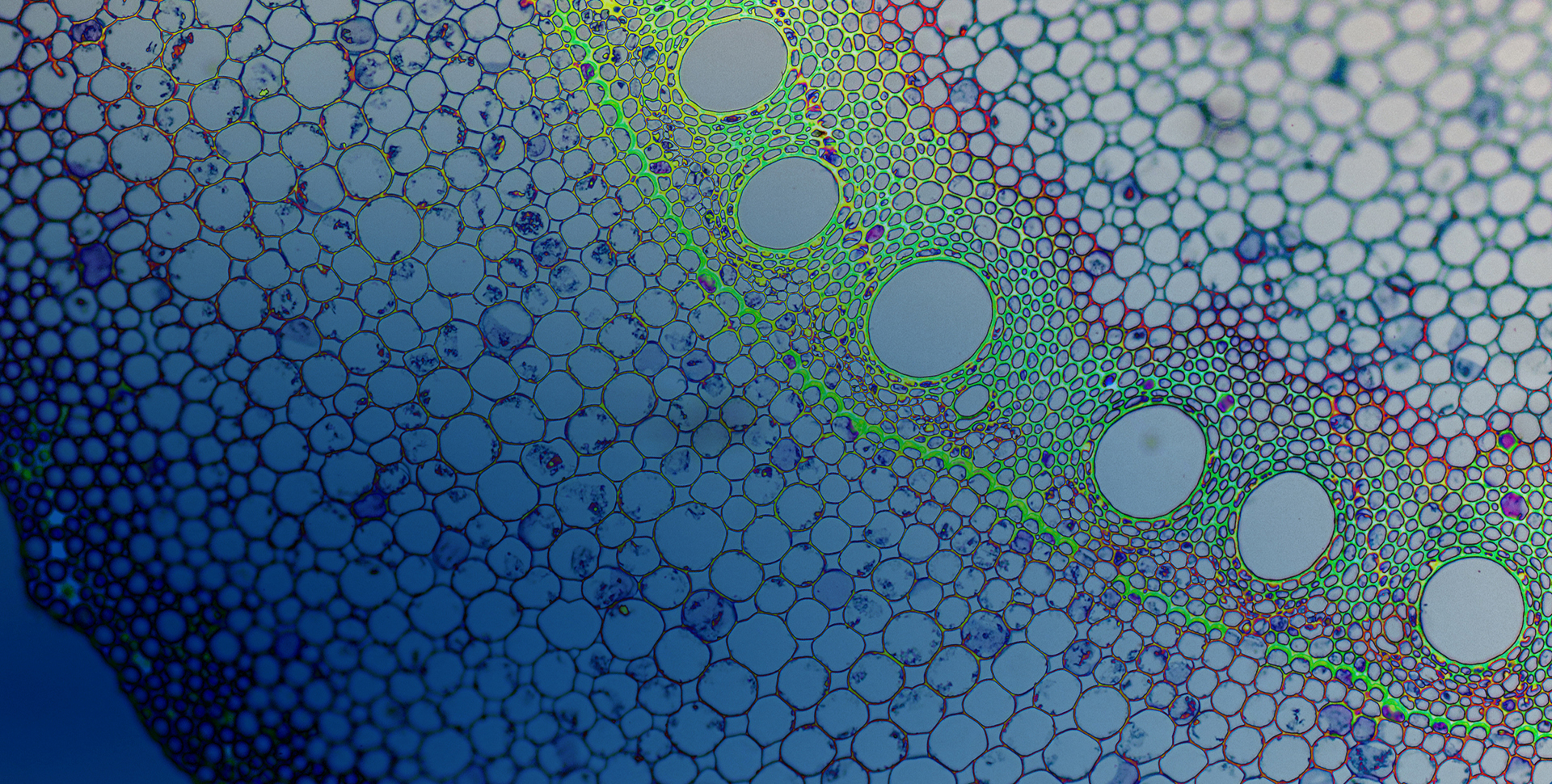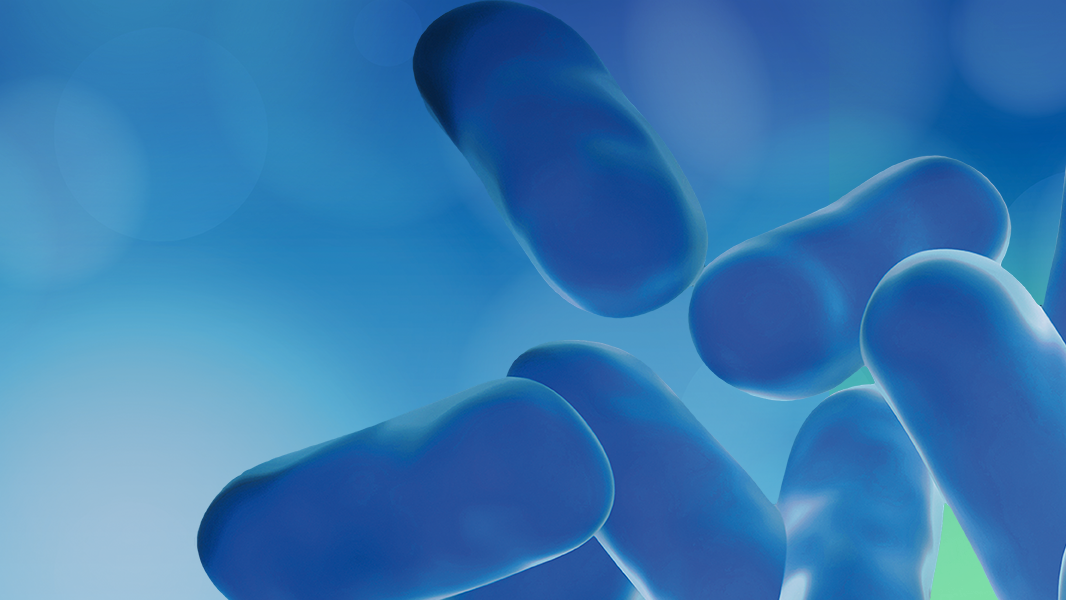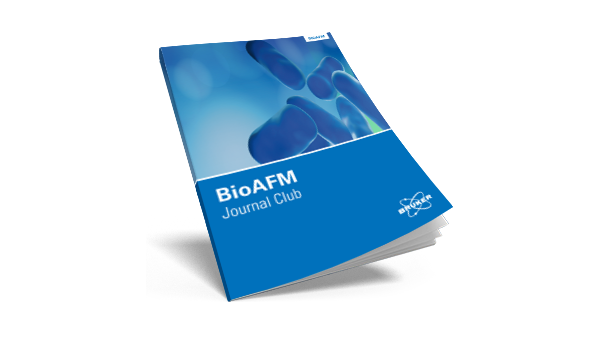

Novel Concepts in Mechanobiology - From Individual Cells to Cancer Tissues
Watch On Demand
In this workshop, our speakers discuss leading-edge techniques and applications of BioAFM technology and how Bruker's BioAFM solutions support groundbreaking life sciences research.
This recording includes:
- Presentation of our guest speakers' latest life science research using AFM.
- Exploration of how state-of-the-art BioAFM advances life science and biomedical research.
- An expert-led, interactive demonstration of the large-scale mechanical mapping capabilities of Bruker bioAFMs, live from our labs in Berlin.
If you have any questions about our products or services, please contact us. Follow @BrukerNano on Twitter for event, product, and webinar updates.
Explore Novel Concepts in AFM-Based Mechanobiology
Atomic Force Microscopy (AFM) is an advanced multi-parametric imaging technique that not only enables the 3D imaging of the topography of living biological systems in the nm-range, but also the characterization of the nanomechanical properties of cells and tissues and the visualization of structural changes taking place at the molecular level.
AFM has established itself as a powerful technique increasingly being featured in high-impact papers on basic cell biology or biomedical sciences. It can be fully integrated into advanced light microscopy techniques and seamlessly combined with fluorescence, confocal and super-resolution microscopy.
Our guest speakers will provide insights into their work using AFM and the impact it is having in life science and biomedical research.
This event was recorded on: April 28, 2021
Featured Guest Speakers
Núria Gavara, Ph.D., University of Barcelona
Dr. Núria Gavara was trained as a physicist before obtaining a Ph.D. in Cell Biophysics at the Medical School of the University of Barcelona (Spain). She expanded her research skills by taking postdoctoral positions at the National Institutes of Health (NIH, USA) and the Institute of Biophysics at the University of Goettingen (Germany). In 2013, she was appointed as Lecturer in Biomedical Engineering at the School of Engineering and Material Sciences at Queen Mary University of London and was promoted to Senior Lecturer in 2018. Since 2020, her lab is based at the Medical School of the University of Barcelona.
Thomas Fuhs, Ph.D., Peter Debye Institute of Soft Matter Physics, the University of Leipzig
Dr Thomas Fuhs is the AFM group leader at the Peter Debye Institute of Soft Matter Physics at the University of Leipzig. The work of the soft matter group focuses on the study of the material properties of biological cells as key determinants of their character and functions, including tumor progression. This requires an integral approach that spans the length scales from molecules to tissues. Dr. Thomas Fuhs’s research focuses on the physics of tissues. Using AFM-based micro-rheology and high-resolution fluorescent imaging, he aims to achieve a deeper understanding of the mechanics of cells and how these correlate with the aggressiveness of tumors and the outcome of neurodegenerative diseases.

